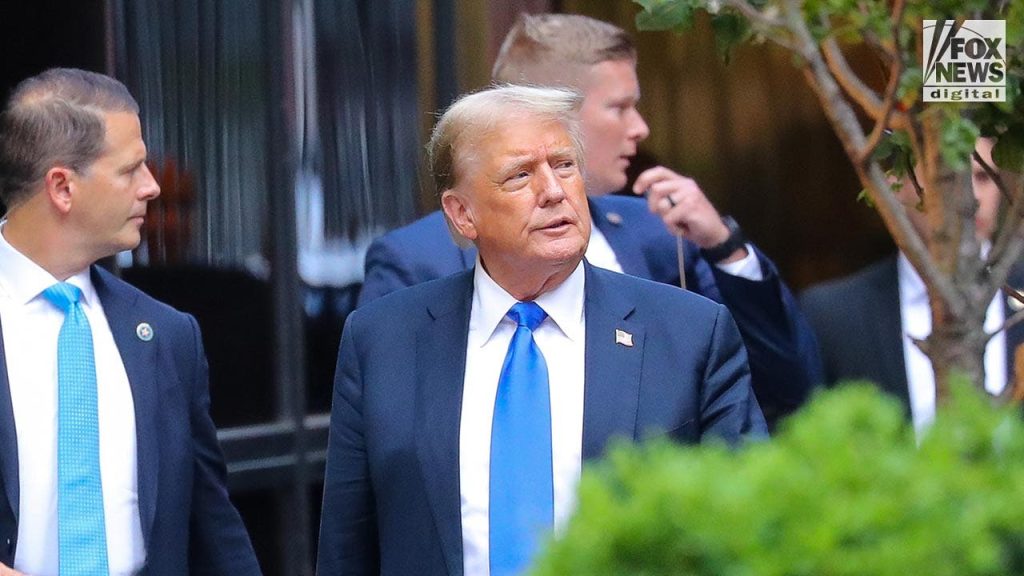Former President Donald Trump recently joined the ranks of world leaders who have been convicted after leaving office, with critics in the U.S. expressing concerns about the impact on the country’s global reputation. Trump was found guilty of falsifying business documents related to hush money payments made to Stormy Daniels. Some of Trump’s allies criticized the verdict, with Trump himself claiming the trial was politically motivated to keep him out of future elections. President Biden dismissed attempts to undermine the conviction as reckless and irresponsible, joking about his perceived influence on the trial.
Opposition leaders or candidates facing prosecution in other countries highlight similar instances of political persecution. In Russia, Alexei Navalny was convicted and sentenced to 19 years in prison on extremism charges, leading to his death in confinement. In Hong Kong, 14 opposition figures were convicted of conspiring to subvert state power, sparking international condemnation. In India, Prime Minister Narendra Modi has been accused of using the courts to target his political rival Arvind Kejriwal, who remains in detention awaiting trial for alleged corruption.
Former Brazilian President Luiz Inacio Lula da Silva’s reelection in 2022 came after the Supreme Court nullified his corruption conviction, citing bias in the case against him. Venezuelan President Nicolás Maduro has incarcerated numerous opponents on various charges, including incitement to hatred. The restrictions on political expression and activity in Cambodia resulted in the conviction of opposition leader Kem Sokha on treason charges, prompting condemnation from international human rights organizations like Amnesty International.
The accusations of political persecution and legal manipulation against world leaders raise concerns about the erosion of democracy and the rule of law in various countries. The use of courts and legal procedures to target political opponents has been a recurring theme in several nations, causing divisions and unrest among their populations. The international community’s response to these cases has varied, with some countries facing condemnations, while others remain largely unchecked in their actions against dissent.
The challenging situations involving former leaders like Trump and Lula highlight the complex dynamics of power struggles and legal battles in different political contexts. The responses from global leaders, human rights organizations, and the media reflect a growing awareness of the importance of upholding democratic norms and transparency in governance. The impact of these cases on the stability and credibility of political systems underscores the need for accountability and respect for human rights in the face of political challenges.
The ongoing threats to political opposition and free speech in Russia, Hong Kong, India, Brazil, Venezuela, and Cambodia emphasize the importance of vigilance and advocacy for democratic values around the world. The examples of former leaders facing legal challenges after leaving office serve as cautionary tales about the dangers of unchecked power and the erosion of democratic institutions. As these cases continue to unfold, the international community must remain vigilant in defending the principles of democracy, justice, and human rights against authoritarian forces seeking to silence dissent and consolidate power.


